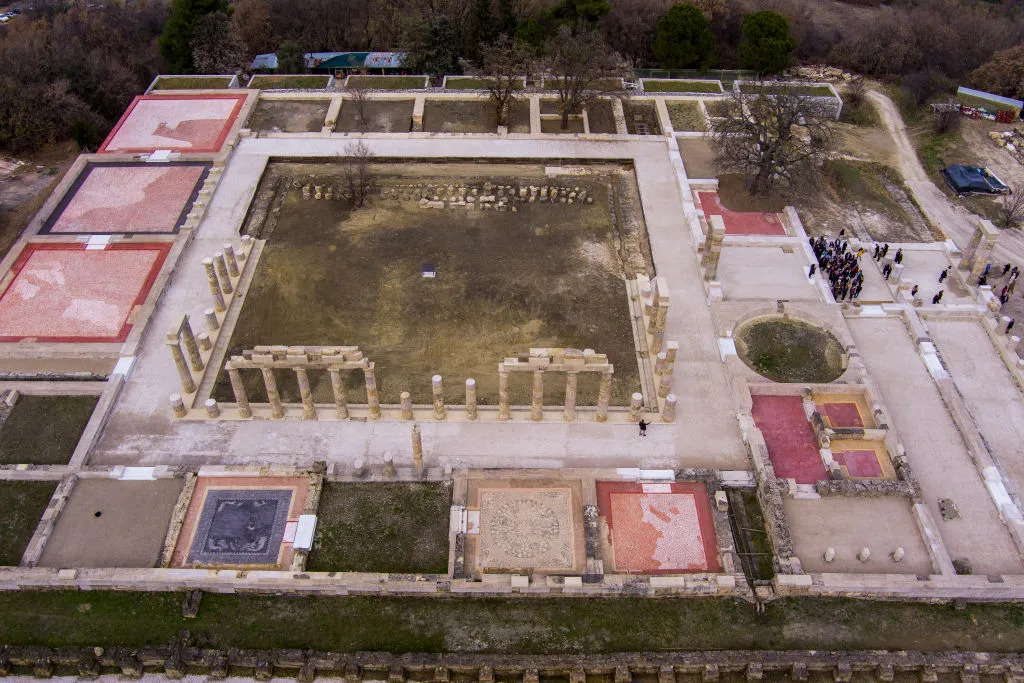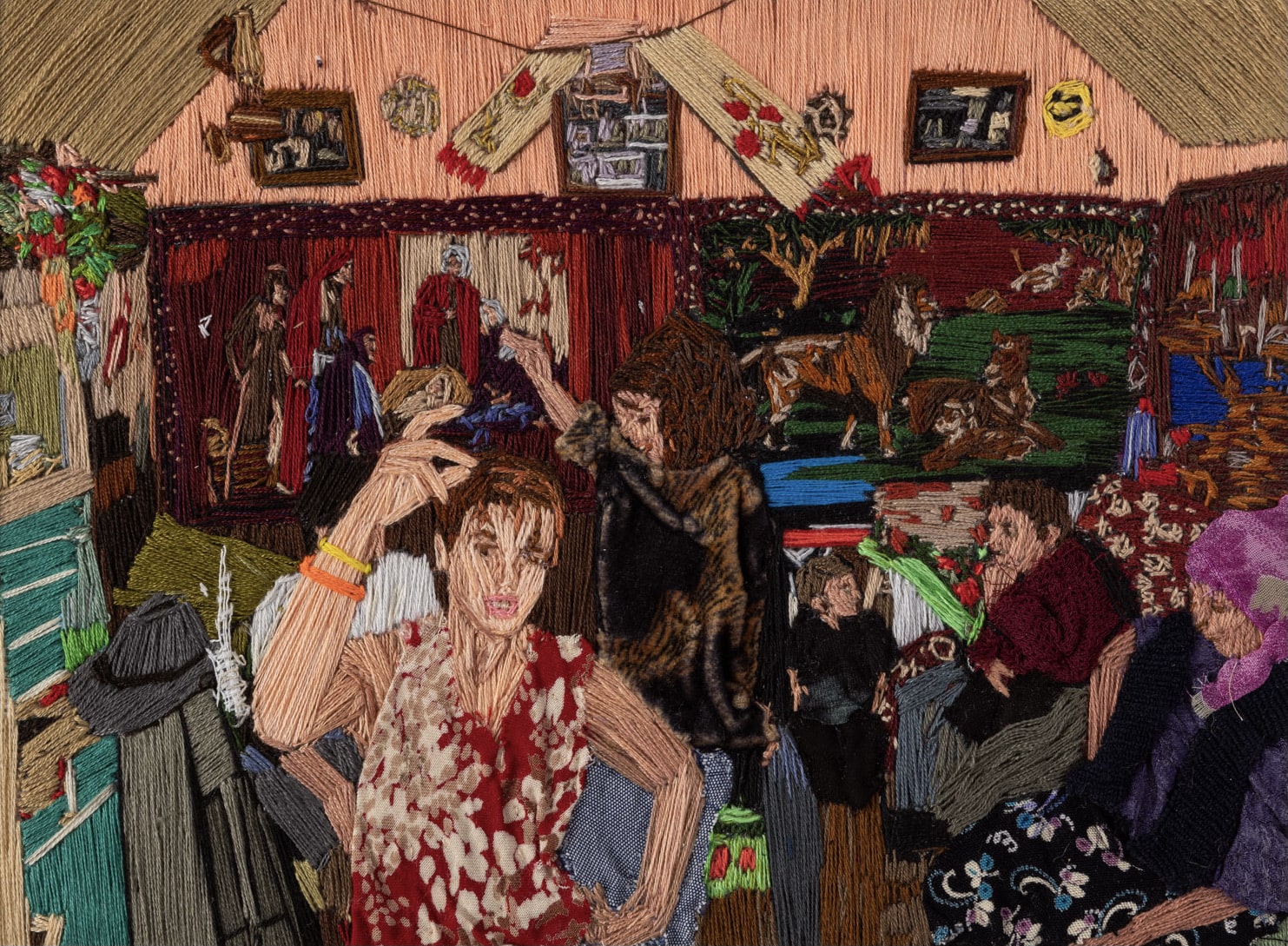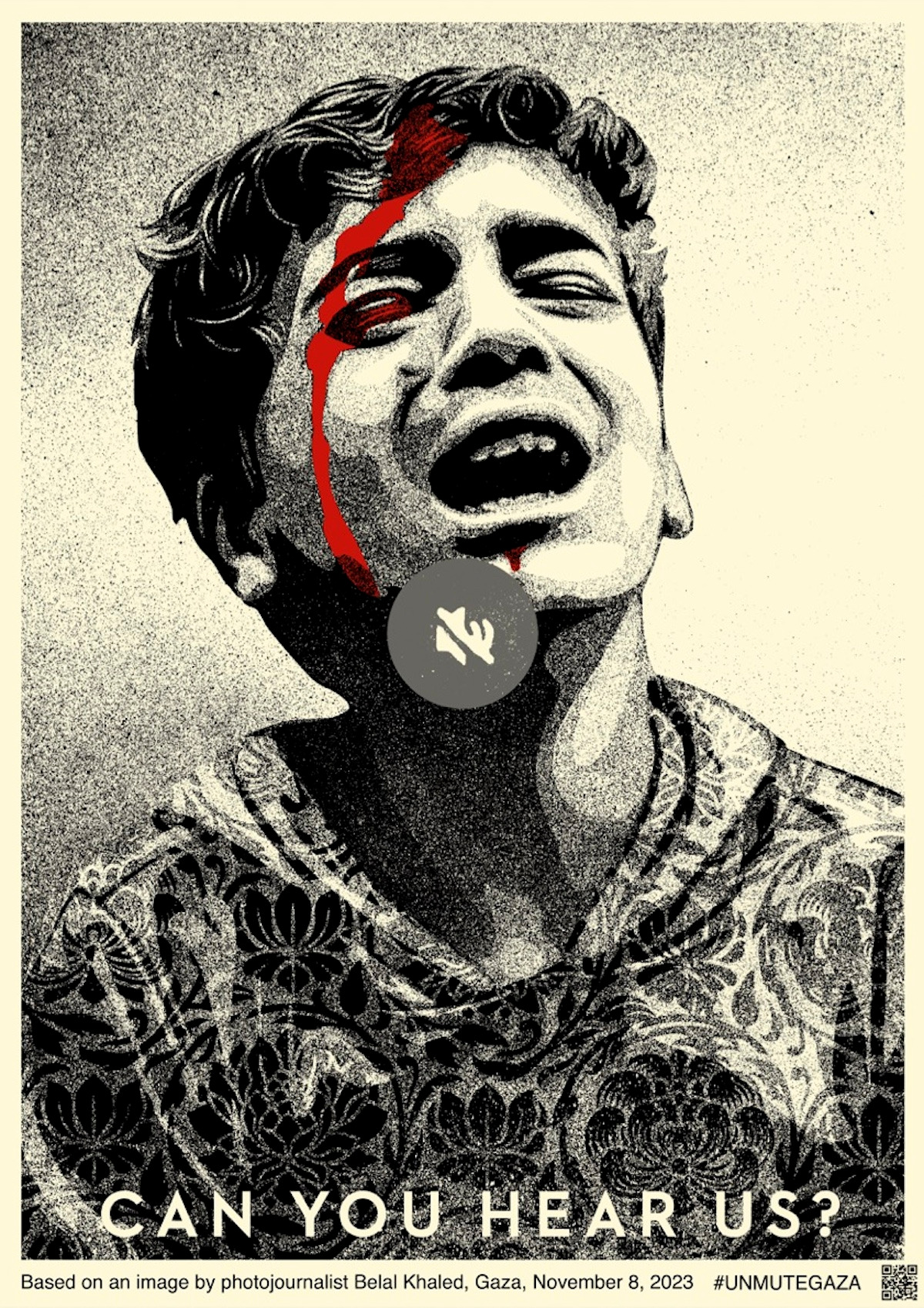The Palace of Aigai in northern Greece was fully reopened on Dec. 5 following a 16-year renovation that cost more than 20 million euros ($22 million) and included financial support from the European Union.
It was built more than 2,300 years ago during the reign of Alexander’s father, Phillip II, who had transformed the kingdom of Macedonia into a dominant military power of ancient Greece. Aigai was its royal capital.
“After many years of painstaking work, we can reveal the palace. What we are doing today is an event of global importance,” Prime Minister Kyriakos Mitsotakis said at an inauguration event at the site.
The palace contained column-rimmed courtyards, courts, places of worship, and spacious banquet halls, its floors decorated with patterned marble and intricate mosaics. The building covered a ground area of 15,000 square meters, a little under the area covered by the U.S. Capitol building.
Shaped like two adjoining, unequally sized, square donuts, the Palace of Aigai was the administrative and spiritual center of the kingdom. The palace remains and nearby royal tombs are a United Nations World Heritage Site at the area next to the modern village of Vergina. Like a three-dimensional jigsaw puzzle, the marble columns were resurrected by fitting pieces of stone unearthed in the ruins together with replica replacement parts.
Some 65 kilometers southwest of the port city of Thessaloniki, in northern Greece, Aigai drew international attention in the late 1970s during burial mound excavations in the area of rolling green hills with patches of wild poppies and daffodils.
The late Greek archaeologist Manolis Andronikos led the digs and discovered the royal tombs, recovering a gold casket and other gold artifacts as well as the bones widely believed to belong to Philip II. The discoveries revealed the sophistication of the ancient Macedonians, who had often been sidelined in historical accounts by attention on Athens.
Angeliki Kottaridi was still an archaeology student at university when she joined the project as a young assistant. She devoted her life’s work to the excavations and decades later became the driving force behind the new museum at Aigai, which opened a year ago, and the palace restoration.







